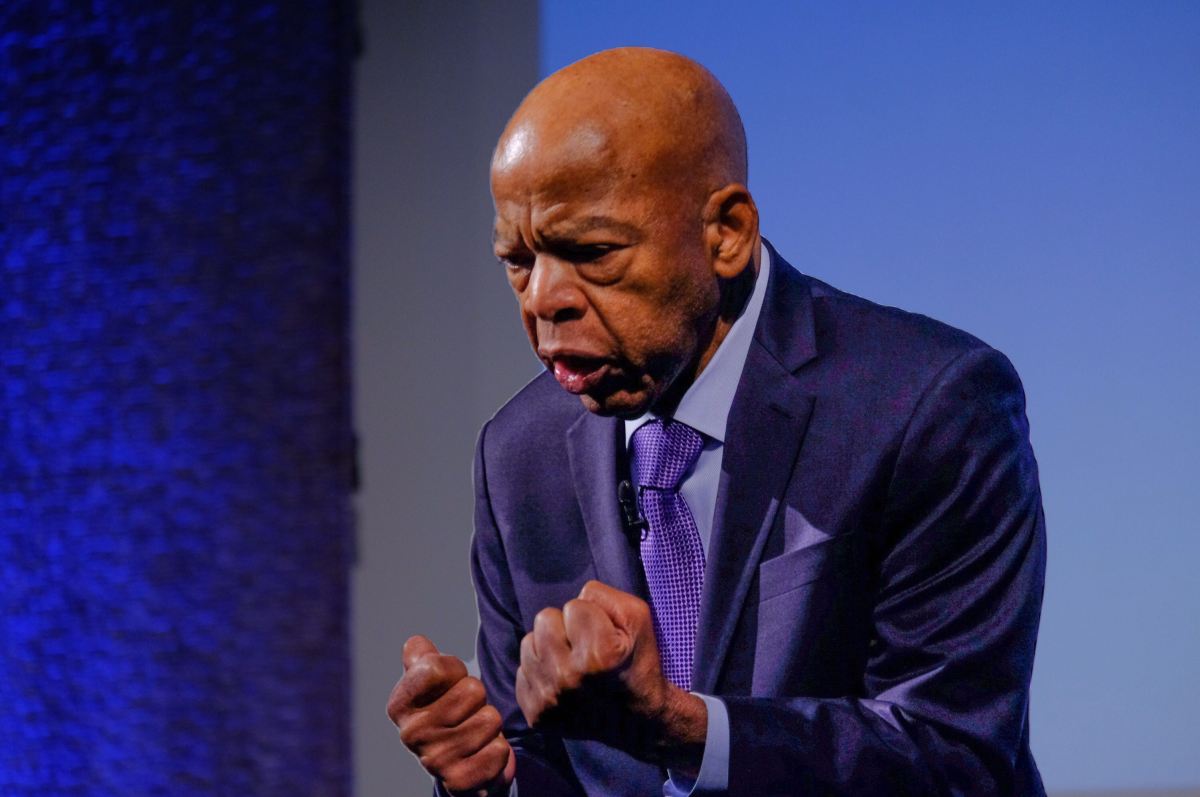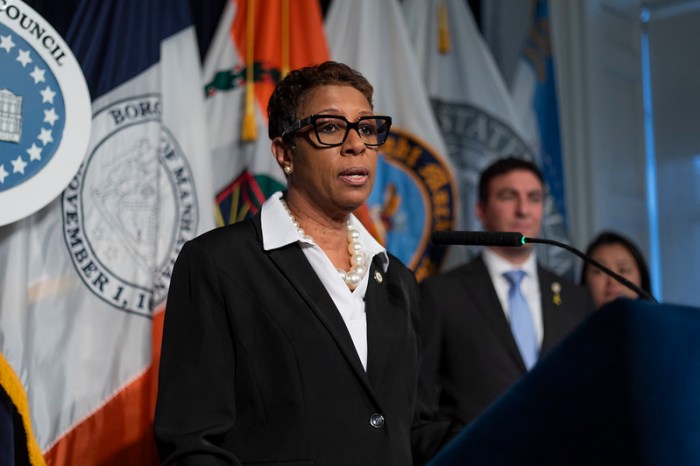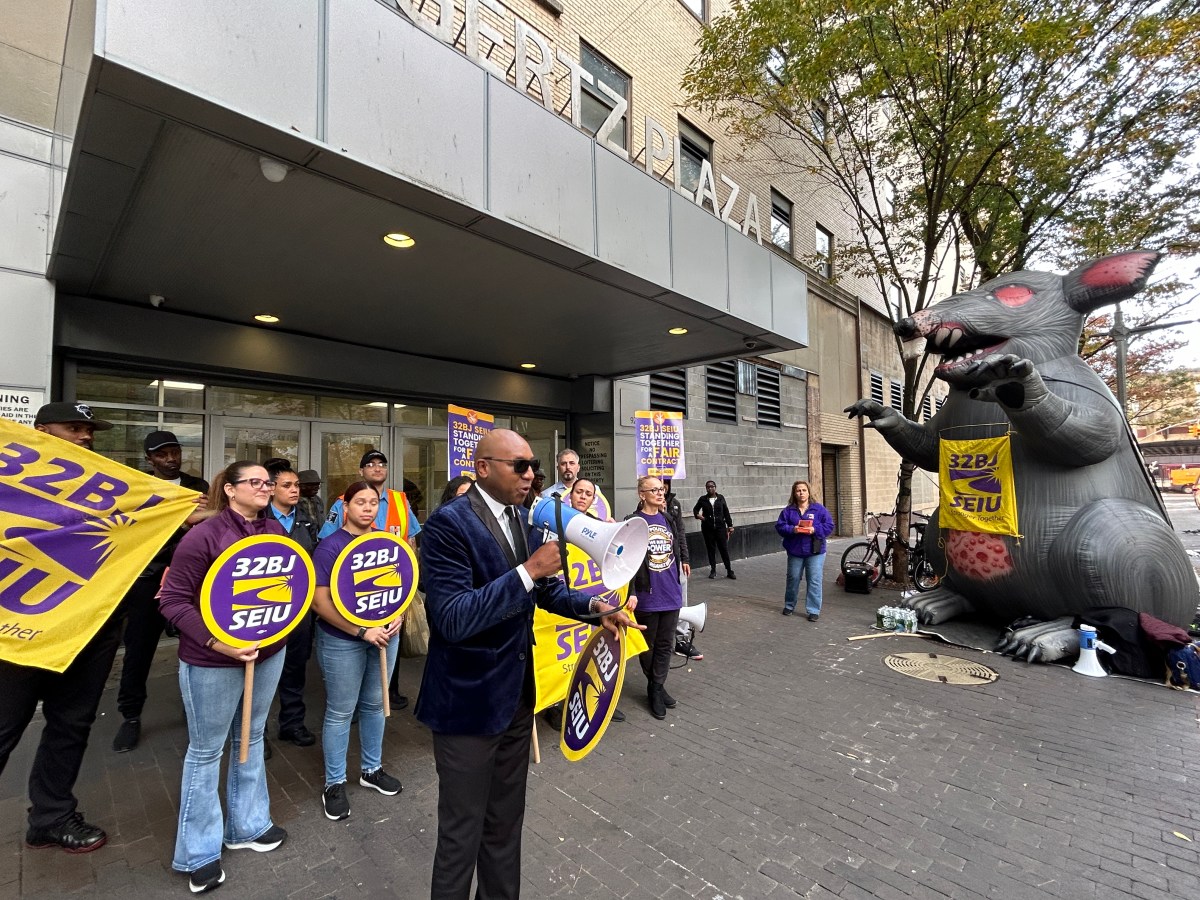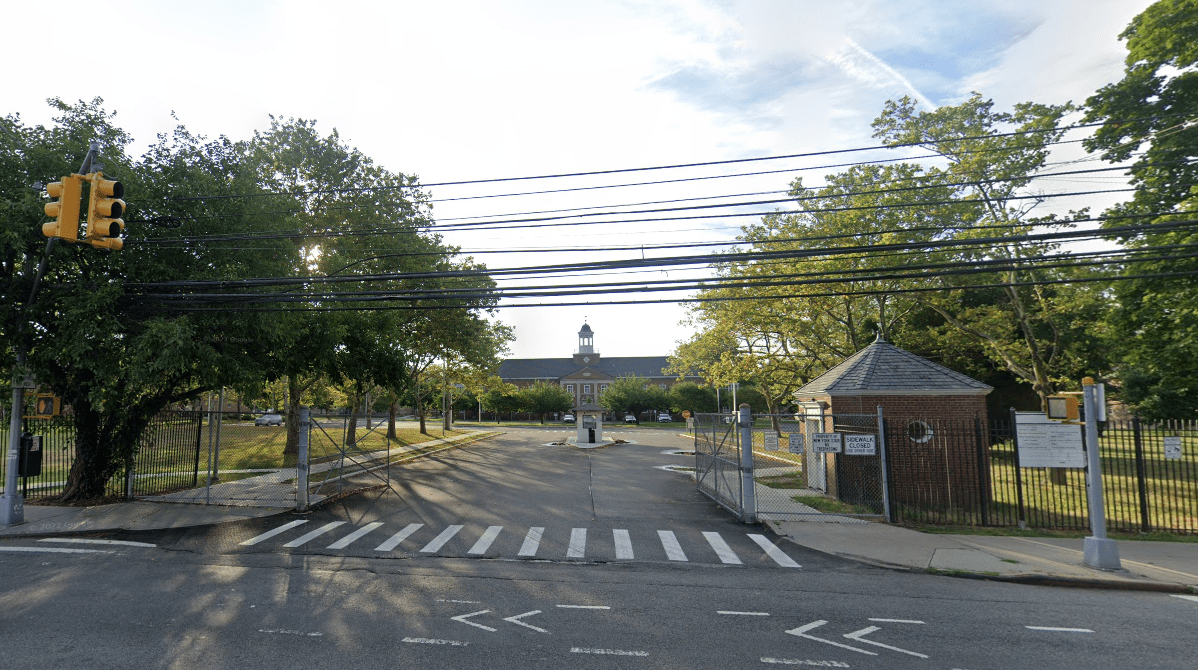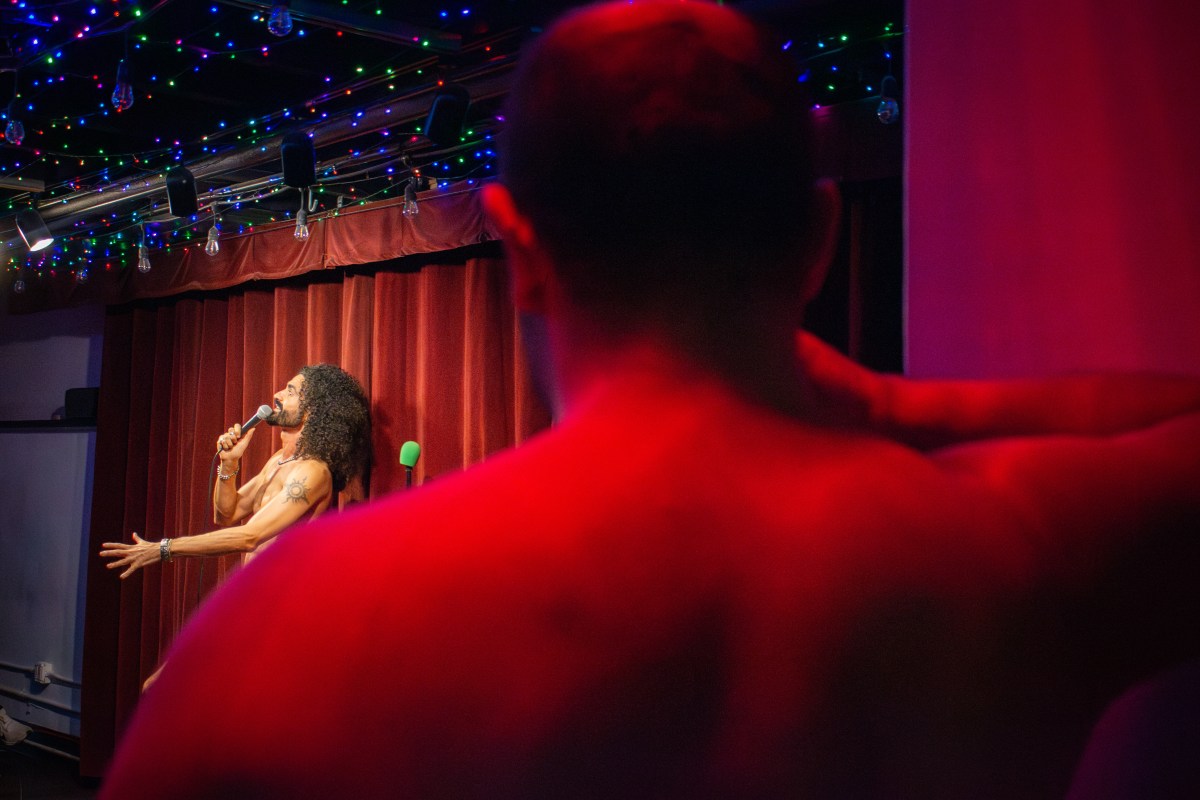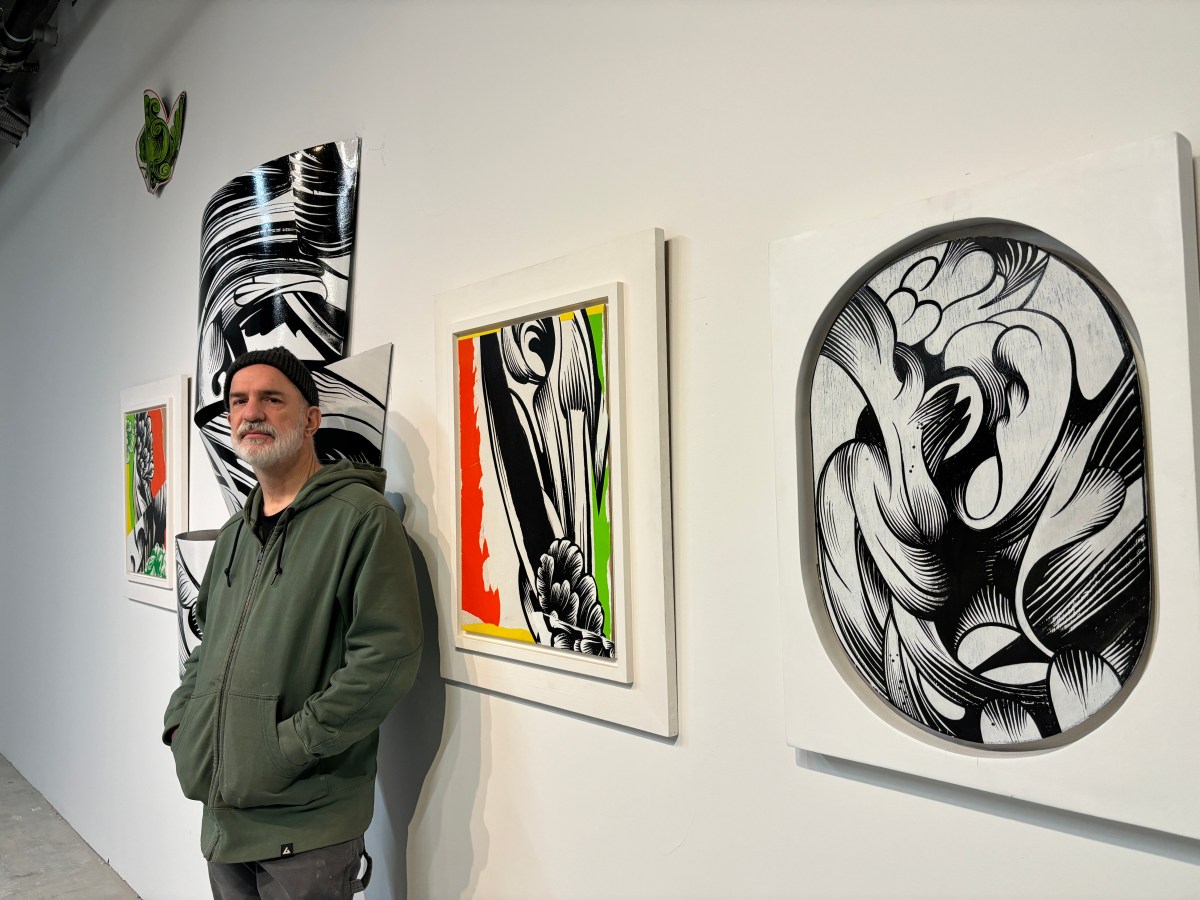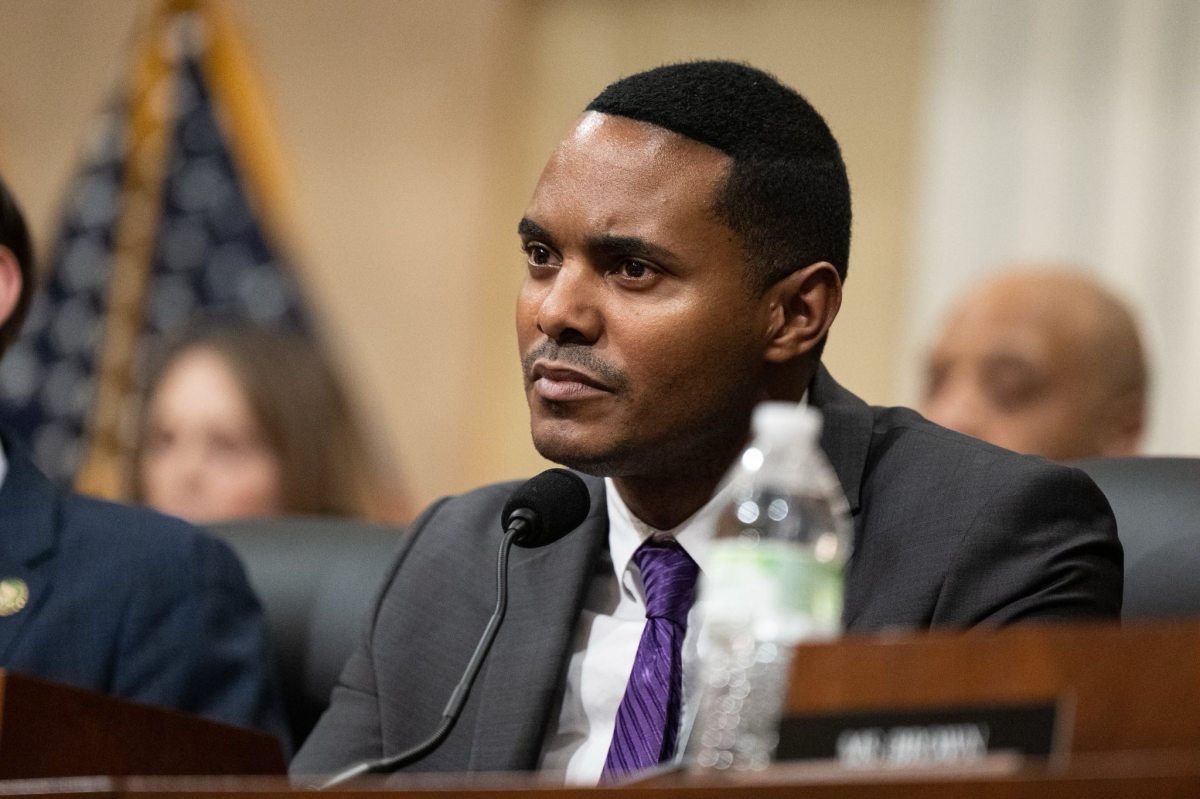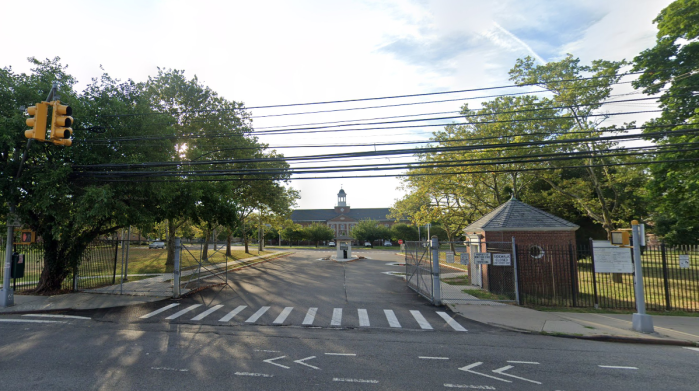Georgia Congressman John Lewis, who faced down violent bigotry and walked alongside Dr. Martin Luther King Jr. in the cause for freedom and equality during the Civil Rights Movement of the 1960s, died Friday night at the age of 80.
Lewis’ death comes less than a year after the legislator was diagnosed with pancreatic cancer.
“John Lewis was a titan of the civil rights movement whose goodness, faith and bravery transformed our nation – from the determination with which he met discrimination at lunch counters and on Freedom Rides, to the courage he showed as a young man facing down violence and death on Edmund Pettus Bridge, to the moral leadership he brought to the Congress for more than 30 years,” House Speaker Nancy Pelosi said in a statement announcing Lewis’ death
“In the Congress, John Lewis was revered and beloved on both sides of the aisle and both sides of the Capitol. All of us were humbled to call Congressman Lewis a colleague, and are heartbroken by his passing,” she added.
INBOX: Statement from the Family of @repjohnlewis: “…we knew him as a loving father and brother. He was a stalwart champion in the on-going struggle to demand respect for the dignity and worth of every human being.” pic.twitter.com/0ICioZBT72
— Ed O'Keefe (@edokeefe) July 18, 2020
Tributes poured in from other politicians.
“John Lewis was an icon who fought with every ounce of his being to advance the cause of civil rights for all Americans,” said Senator Kamala Harris, the first African American to represent California in the Senate, on Twitter. “I’m devastated for his family, friends, staff – and all those whose lives he touched.
U.S. Senator Elizabeth Warren wrote on Twitter, “John Lewis was a true American hero and the moral compass of our nation. May his courage and conviction live on in all of us as we continue to make good trouble for justice and opportunity.”
In December 2019, Lewis appeared with Mayor Bill de Blasio and Schools Chancellor Richard Carranza at the New-York Historical Society. There, the congressman spoke in favor of new curricula that highlighted the importance of public activism to students.
“I got arrested a few times during the 60s, about 40 times, and since I’ve been in congress another five times,” Lewis said at the program. “If you see something that is not right, not fair, not just … you cannot afford to be quiet.”



